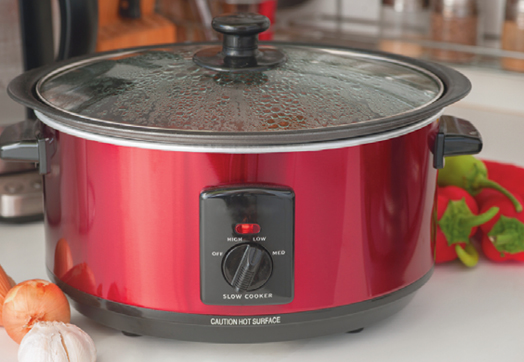The federal government and the CDC are proactively working to minimize the introduction and spread of this virus within the United States. More time is needed for researchers to gain a greater understanding of the specific virus (SARS-CoV-2) that causes this specific coronavirus (COVID-19), before a vaccine and treatments may be developed. Until these become available, the CDC explains that “Nonpharmaceutical Interventions” (NPIs) are actions that people and communities can take to help slow the spread of illnesses.
Also known as “community mitigation strategies,” and independent of medications and vaccines, examples of these types of actions include disinfecting surfaces, washing hands, staying home when sick, increasing the distance between people at public gatherings, canceling or postponing special events, and closing schools and/or businesses as needed. Avoiding travel to affected countries, as well as keeping a distance from anyone showing symptoms of the coronavirus, is also vital to minimizing the spread of the coronavirus.
Staying healthy and reducing one’s risk is another important factor. The CDC and MSAA recommend the following “healthy habits” for preventing the flu (and other illnesses):
Get a flu vaccine and help stop the spread of germs (if recommended by one’s doctor) *Please note that the current flu vaccine is NOT effective against COVID-19; it is only noted to otherwise help people remain in good health.
Continue taking a disease-modifying therapy (DMT) and do not make any changes to one’s treatment regimen, unless advised by one’s physician; consult a medical professional with any concerns
Take flu antivirals, if prescribed
Avoid close contact with people who are sick
Stay home when sick, but be sure to consult a medical professional
Individuals should cover their mouth and nose with a tissue when coughing or sneezing, or use the inside of their arm to avoid spreading germs
Washing hands often helps to protect people from germs; if soap and water are not available, an alcohol-based hand rub should be used
Avoid touching the eyes, nose, or mouth – an illness may be spread when a person touches something that is contaminated with germs and then touches his or her eyes, nose, or mouth
Practice other good health habits, such as cleaning and disinfecting frequently touched surfaces at home, work, or school – especially when someone is ill; get plenty of sleep, be physically active, manage stress, drink plenty of fluids, and eat nutritious food
Anyone in close contact to someone with COVID-19 and who develops symptoms of COVID-19 should immediately call his or her healthcare provider to discuss symptoms and exposure
From: The Coronavirus and MS: What You Need to Know. The Motivator – Winter/Spring 2020


